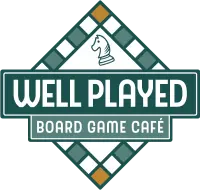Well, sort of. For the last five to ten years, hundreds of new board game releases have pushed the boundaries of design and stretched traditional classification to the limits. Between keeping up with new titles, learning the different types of games, and mastering the mechanics, it can be a little overwhelming. That’s why we’ve created the definitive list of board game categories to help guide you deeper into the gaming hobby.
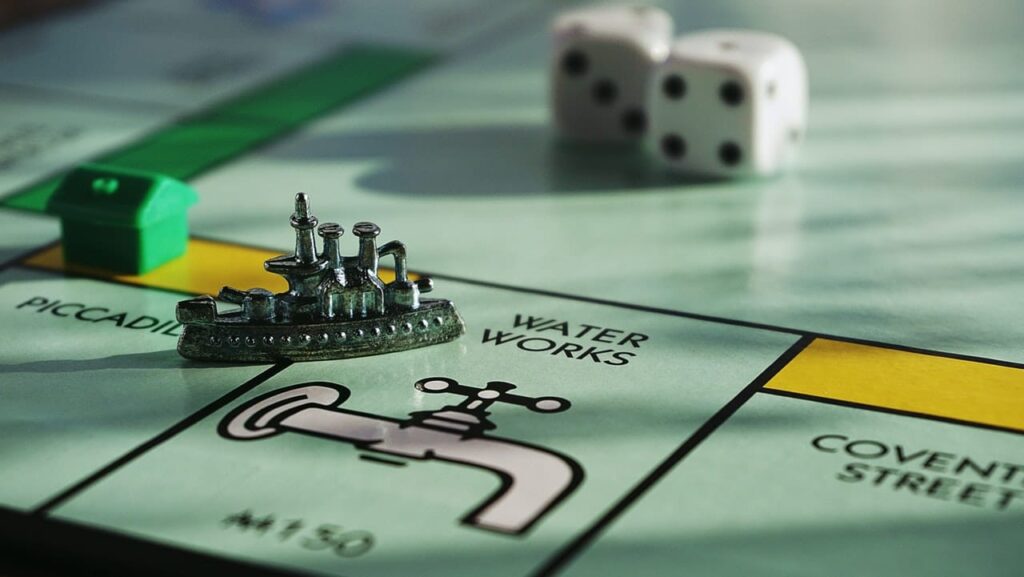
Roll and Move Games
This category comprises the majority of popular games like Monopoly, Clue, Sorry!, and Candyland. These games involve rolling dice, spinning a wheel, or drawing cards to determine the number of spaces a player can move in a predefined direction. The objective of these games usually involves either racing to a finish line or moving around the board to control resources. Though typically light on strategy, Roll and Move games are great for introducing non-gamers to the hobby, and for families, they’re perfect for both kids and adults to enjoy.

Cooperative Games
Cooperative games like Pandemic eliminate the stress of competition by encouraging players to collaborate as a group to win the game. Great for team building and communication, we recommend cooperative games for new couples, friends, or even co-workers. Regardless of the outcome, you’ll get to know your fellow players in a whole new way.
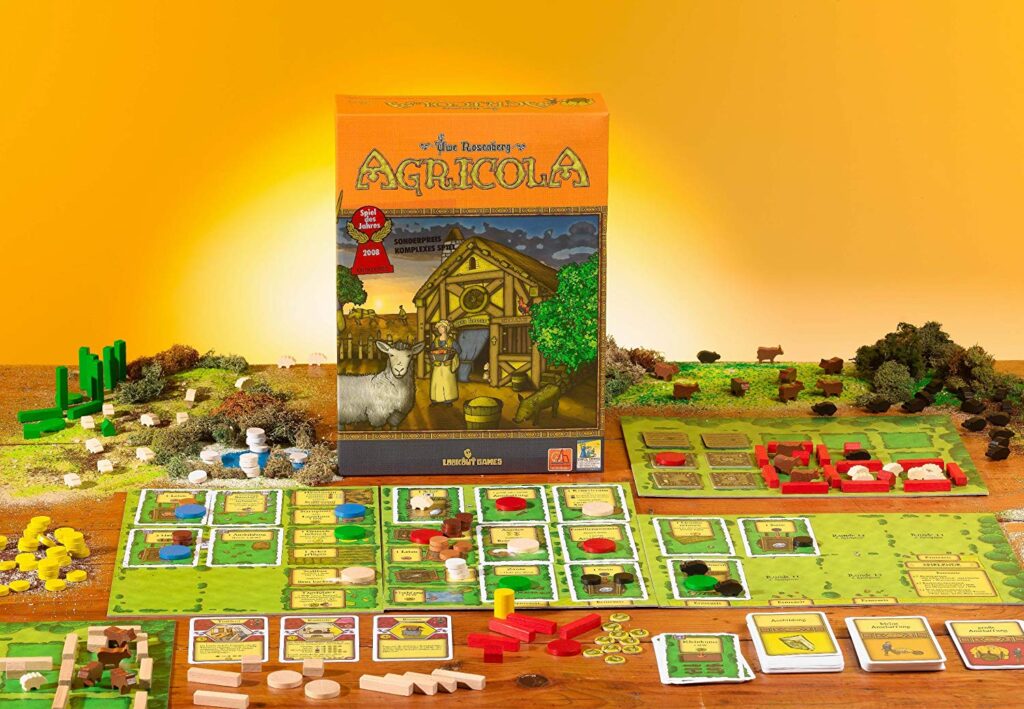
Worker Placement Games
Not for the entry-level gamer, Work Placement Games like Agricola and Stone Age require patience and strategic thinking. In these point-based games, players place one or more “workers” on a play surface to perform specific jobs. These jobs can vary wildly from selecting a card to boost future actions, to farming resources, to exchanging a token for victory points. As with most games, the player with the most points wins.
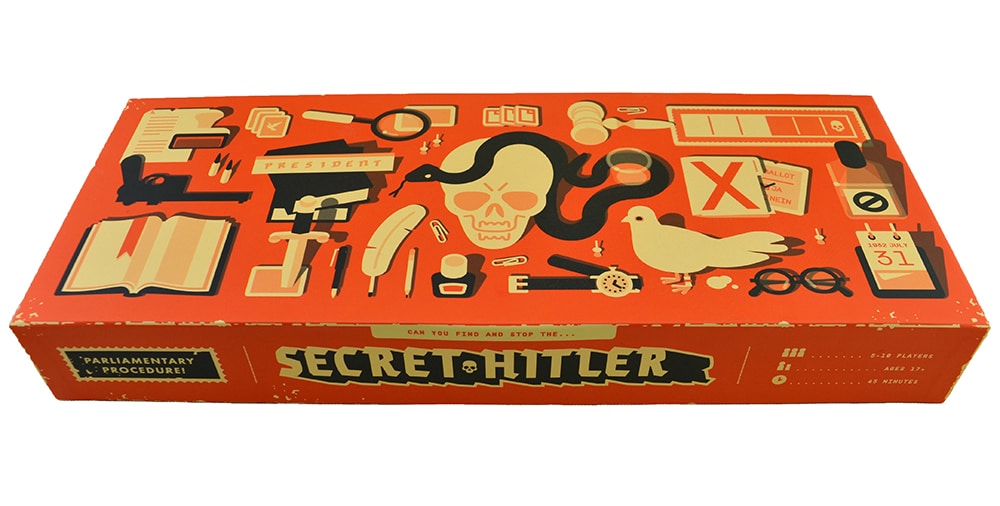
Secret Identity Games
This isn’t anything like your friendly match of Guess Who? Secret identity games like Mafia, Love Letter, and modern favorite Secret Hitler are all about deceiving, lying, and ultimately betraying your friends. The object of the game? Discover who is the real ‘secret identity’ without being fooled by the machinations of your fellow competitors.

Puzzle Games
While most games have some kind of puzzle embedded in them, puzzle games are more direct in their appreciation for all things pattern, number and combination oriented. At Well Played a couple of our favorites include SET and Spot It!
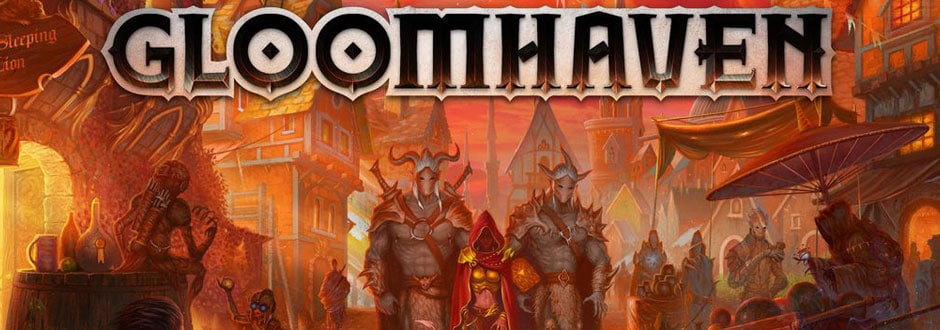
Legacy Games
Legacy games are like a choose-your-own-adventure book but in board game format. Gloomhaven, for example, is an exciting campaign based game where the rules and components change based on the outcome of each player’s choices. What makes a Legacy game unique is the physical changes made to the game over time. For instance, players may mark cards, destroy components, or open sealed packages as part of the game mechanics.
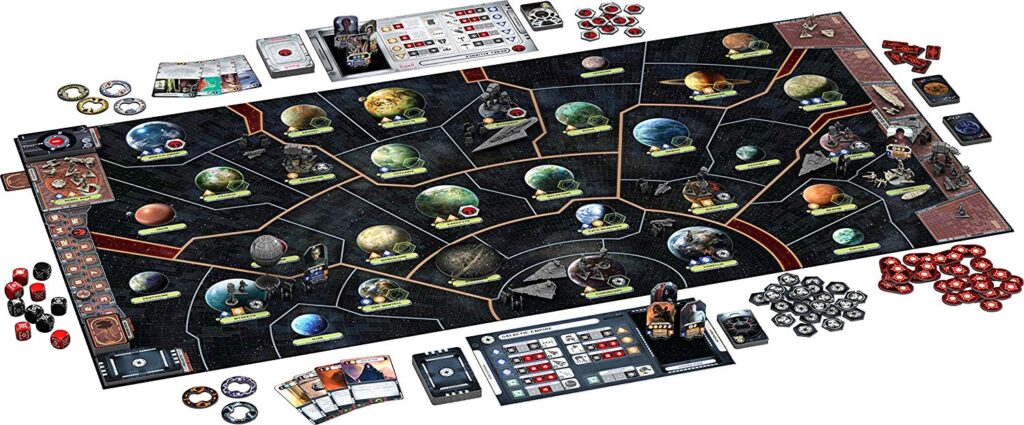
Area Control Games
The objective of Area control games is for players to craft strategies to outmaneuver opponents in an attempt at controlling as much of the game board as possible. The most well-known example of this genre is Risk, although we like to recommend Star Wars: Rebellion or Smallworld.
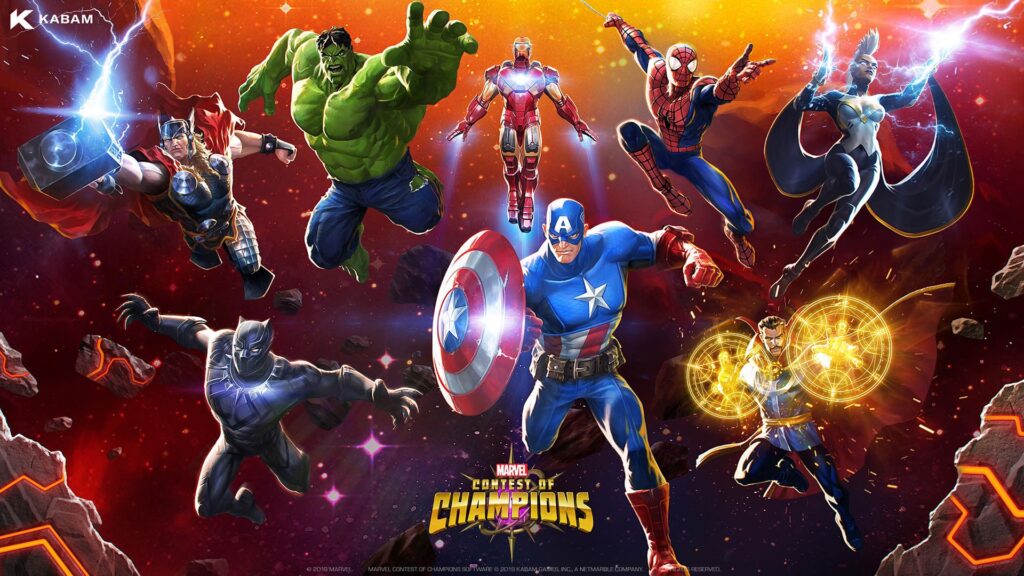
Combat Games
Combat games, such as Marvel Contest of Champions, often overlap with categories within their mechanics. The primary focus of combat games is for contestants to battle against each other over victory and defeat. Players each start out with an allotted amount of health points and are directly under attack by opponents. Victory is earned by having the most health points left at the end of the game.
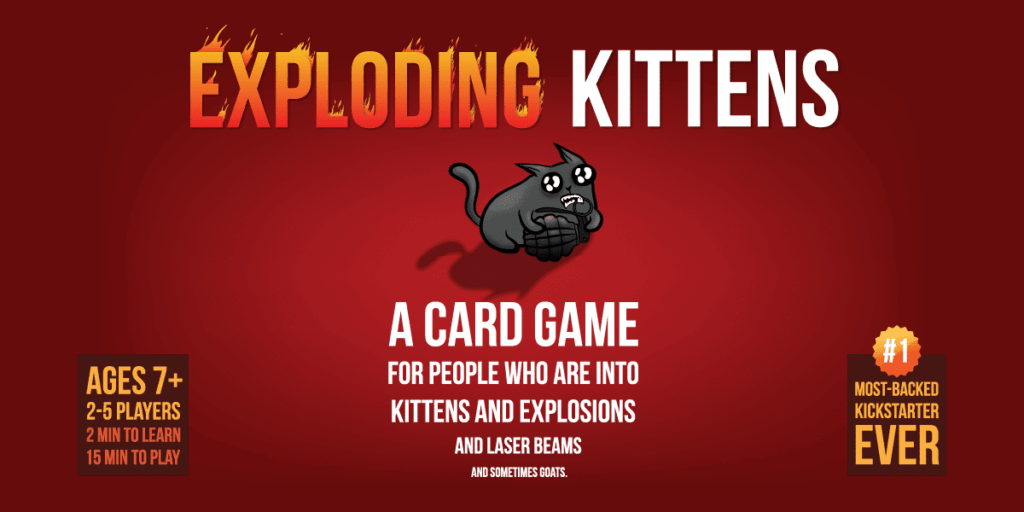
Party Games
We could go as far as to say that Roll and Move and Secret Identity games qualify as a party game. However, the most important element that distinguishes a party game from other categories is simplicity and accessibility. Exploding Kittens is a good example of a low entry game that’s always fun and easy to understand.
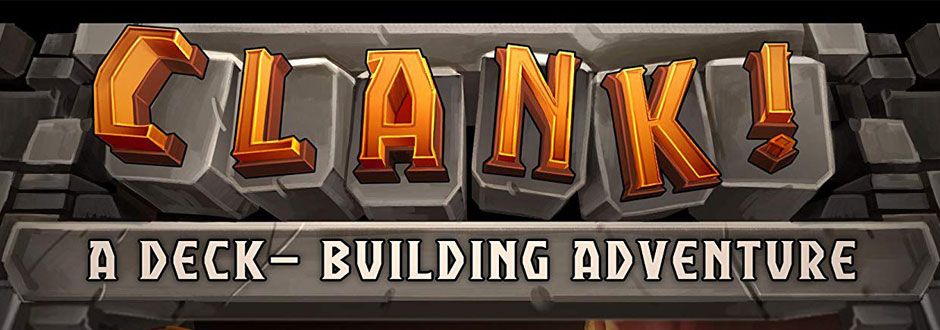
Deck-Building Games
In Deck-Building games like Clank!, players start with a set number of cards (or resources) that grow, change, and upgrade throughout the course of the game. Players focus on building and optimizing their deck to gain maximum value and utility out of each hand. Through the selection of cards over multiple rounds, players construct their deck on the fly to create the most efficient path to victory points by the end of the game.
This list above might not be perfect, but we hope it helps remove some of the mystery surrounding game mechanics and gets you excited to roll the dice on playing some new games.
Want to receive our blog articles right to your inbox? Sign up to receive our monthly newsletter below!
